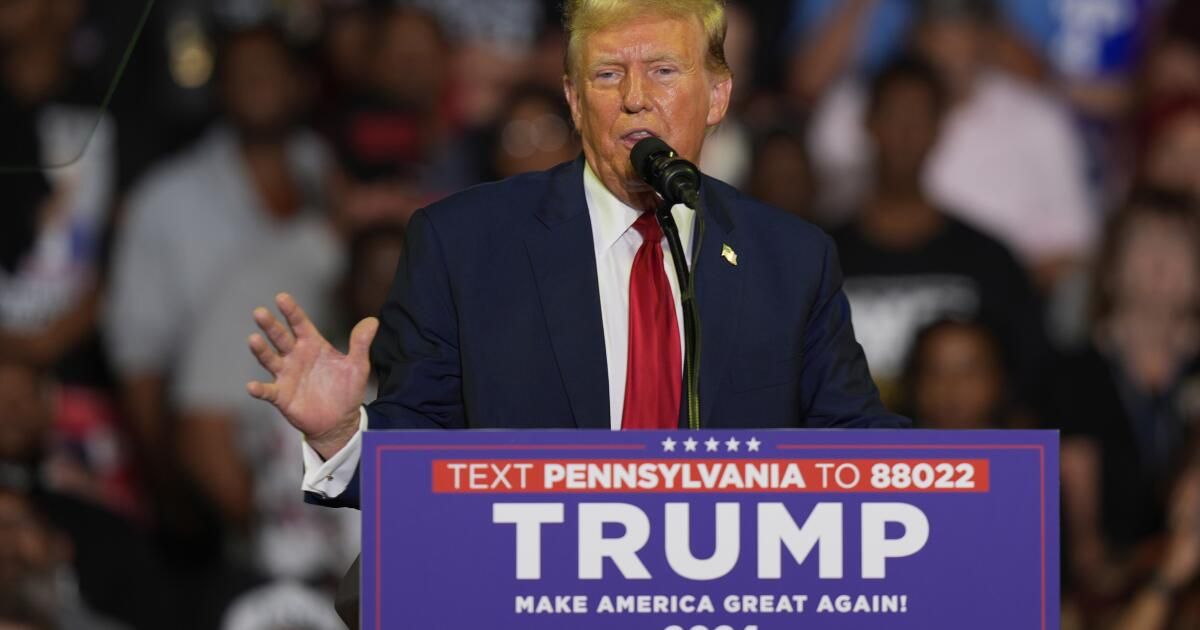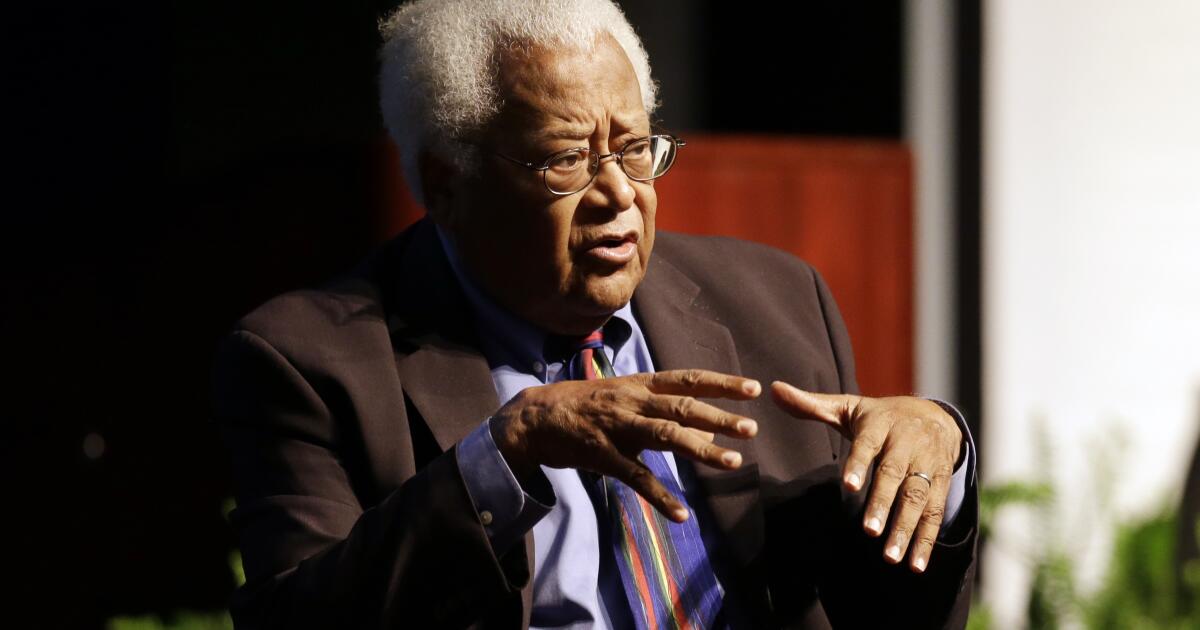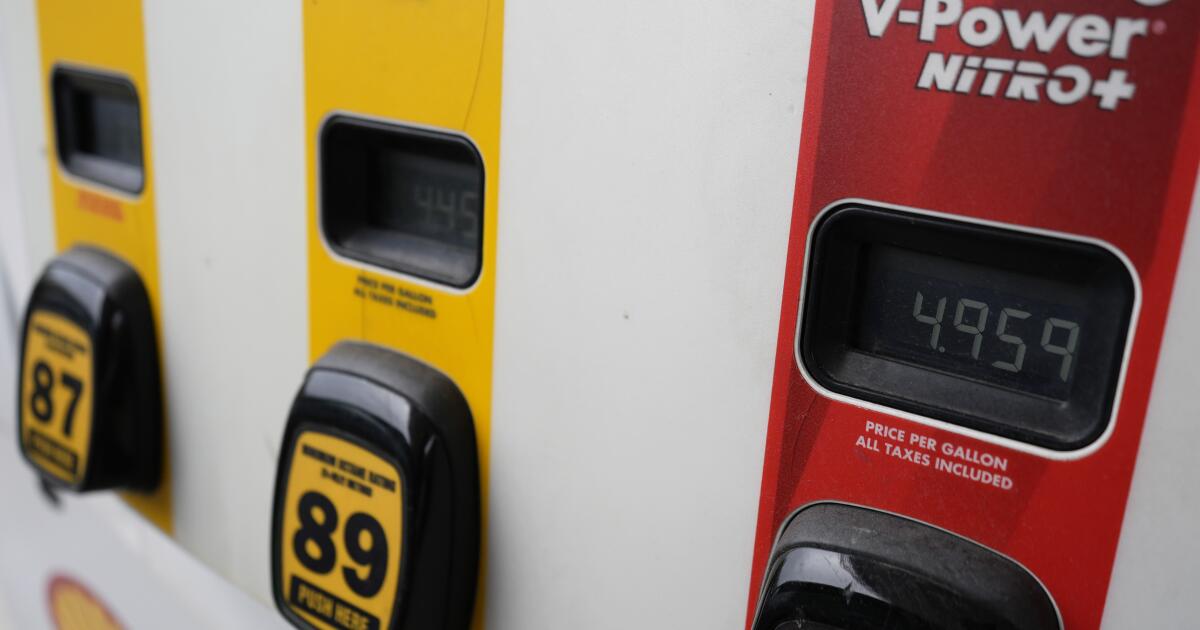To the editor: Thanks to Harry Litman and Erwin Chemerinsky for their excellent op-eds on the Supreme Court’s recent decision regarding Trump’s immunity from criminal prosecution.
Reading these articles, I was struck by the fact that the majority relied on purported principles of separation of powers — not the actual text of the Constitution — to, as Litman wrote, “prohibit criminal prosecution of a former president for ‘official acts’” and rule that “this immunity precludes any consideration of motive.” They don’t seem bothered by Trump’s earlier proclamation: “I have an Article 2 where I have the right to do whatever I want as president.”
The framers of the Constitution were caught between two extremes, according to recent memories of their time: the ineffectiveness of the Articles of Confederation and the tyranny of a British monarch. Hence we have the constitutional principles of “separation of powers” and “checks and balances.”
I think Justice Louis Brandeis correctly expressed the principles of separation of powers in his dissenting opinion in the 1926 Supreme Court case Myers v. United States: “The doctrine of separation of powers was adopted by the Convention of 1787, not to promote efficiency but to prevent the exercise of arbitrary power.”
John Eaglesham, Long Beach
..
To the editor: Litman has been enthusiastic about the Russia investigation, the impeachment efforts, then the January 6 committee hearings, and finally Trump’s conviction in New York City. I would say this to Litman: If Trump had anything to do with the invasion of the Capitol on January 6, he would be in prison right now. The way I see it, the reason Trump is back is because the elites supported an incompetent candidate in 2020.
Mark Walker, Yorba Linda
..
To the editor: I've been thinking about the recent Supreme Court decision on presidential immunity. If I assume that the former president is elected once again and is indeed a “one-day” dictator, will his personal sycophants on the Supreme Court also strike down the 22nd Amendment limiting the president to just two terms, or will they grant him the title of president for life?
Peter Ambrose, Claremont
..
To the editor: Litman stated that “the justices are not, strictly speaking, interpreting any provision of the Constitution, but rather applying their notion of what makes an effective president.” It seems to me that the Supreme Court has overstepped its judicial role in favor of drafting a new amendment to our Constitution to deal with presidential compensation. Unfortunately for the Supreme Court, the justices do not have the authority to take it upon themselves to draft a new amendment. Rather, the justices have the authority to oversee the United States judicial system.
It therefore appears that the judges' opinion regarding Donald Trump's compensation should be declared null and void.
Rick Palardy, Temecula












